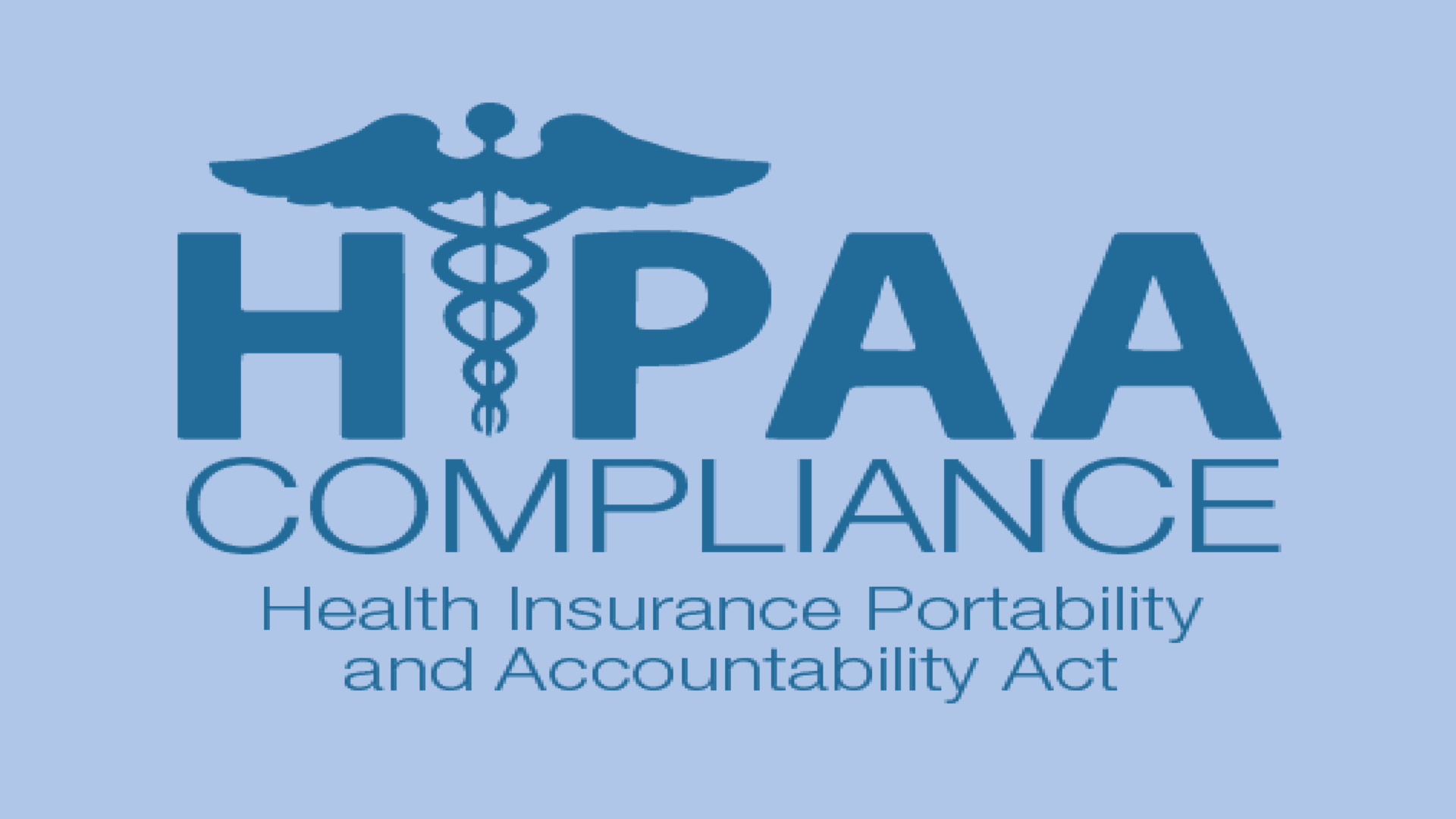A Deep-Dive into the HIPAA Security Rule
We cannot talk about information security without talking about HIPAA. The information security standard has been governing how information is managed in the healthcare industry since 1996. Considering how sensitive patients’ information and personal details are—and the growing number of cyberattacks targeting healthcare institutions—the HIPAA Security Rule is considered to be among the most extensive across the globe.
Don’t get me wrong—HIPAA compliance is far from enough in terms of data protection. As with other compliance standards, the HIPAA Security Rule is only meant to set a standard and define best practices for the healthcare industry to follow. A lot of healthcare institutions go one or two steps further in order to fully protect the safety of their patients’ information.
That said, it is a set of standards that need to be followed if you want to offer services to health service providers. The HIPAA Security Rule can be divided into three main categories, and we are going to discuss them in this article.
Technical Safeguards
The HIPAA Security Rule, a part of the HIPAA Privacy Rule, governs how information needs to be protected, especially information related to patients and healthcare providers. In order to enforce maximum data protection, the HIPAA security rules’ first safeguard is technical safeguards.
This is the part of the standards that govern how data is acquired, managed, and maintained. Electronic protected health information or ePHI must be handled in accordance with these technical safeguards for a service provider to comply with the HIPAA Security Rule. The technical safeguards are:
- Access Control: Access to ePHI must be limited and managed meticulously. Only authorized personnel can have access to patients’ health information. That authorization must come from the patient, as required by the HIPAA Privacy Rule. Access control is a big part of healthcare information systems for this reason.
- Audit Control: Audits are mandatory on both hardware and software level. Procedures are put in place so that audit controls can be performed effectively. Audit also means monitoring access to different parts of the system, as well as access to the sensitive information being protected by this security standard.
- Integrity Controls: As you may have guessed, detailed logging is also required to ensure a clear chain of custody. Data must have logs that are kept intact and unbroken to ensure data integrity and security. Logs are also used in the audit process and for dealing with breaches and incidents.
- Transmission Security: Transmission of sensitive materials, including ePHI, must be done over a secure network. Further protections (i.e. data encryption) are also required to ensure maximum security during data transmissions.
As you can see, these technical safeguards are put in place mainly to ensure the security of ePHI and sensitive data being stored in electronic healthcare management systems. It also protects data during transmission and use.
Physical Safeguards
What’s interesting is how the HIPAA Security Rule also governs the physical aspect of ePHI and healthcare information systems. Not many information security standards go as deep as HIPAA when it comes to maintaining the physical security of information.
The physical facility used to store ePHI needs to have sufficient security measures. Only authorized personnel are allowed access to the hardware and terminals connected to the healthcare information systems. Unauthorized access is considered a serious violation of the HIPAA standard.
Logging is also a part of the physical safeguard. Access to terminals and servers must be logged in detail to prevent unauthorized access and allow for an easy audit of the secure facility. Logging on a physical level helps the entire system remain safe.
There is also the need for secure devices and terminals, including secure tablets that are now used by medical personnel. It is up to the healthcare service providers to maintain a secure network across their facilities.
To complete the equation, policies for hardware disposal and the termination of a healthcare information system must also be put in place. Improper hardware disposal may lead to the recovery of ePHI and other sensitive information by unauthorized personnel.
Administrative Safeguards
Administrative safeguards tie everything together. With the system and the physical location closely protected, data management becomes the last piece of the puzzle. For better administration of data and information, HIPAA defines five safeguards that need to be followed:
- Security management process is a requirement. Managing security, constantly analyzing the system, and improving the entire security measure are all parts of the process.
- Security personnel is also mandatory. Those specializing in information security must be present and involved in developing HIPAA-compliant security policies for the healthcare provider.
- Information access management system helps control access to ePHI and the disclosure of information. It is a crucial element that limits access based on user roles and authorizations.
- Training and security policies are equally important. In order for the secure data environment to be maintained, everyone involved needs to be on the same level of understanding.
- Evaluation system completes the set. Through constant evaluation, a healthcare service provider can find ways to strengthen its information system and prevent an unnecessary breach.
The HIPAA Security Rule and its standards are amongst the most comprehensive security best practices to follow, as well as being amongst the most crucial to realize. Understandably so when you think about how sensitive health-related information can be—and given how valuable such data is on the black market. For everyone operating in the healthcare industry, compliance with the HIPAA Security Rule is a must.
Ibexlabs is an experienced DevOps & Managed Services provider and an AWS consulting partner. Our AWS Certified DevOps consultancy team evaluates your infrastructure and make recommendations based on your individual business or personal requirements. Contact us today and set up a free consultation to discuss a custom-built solution tailored just for you.









